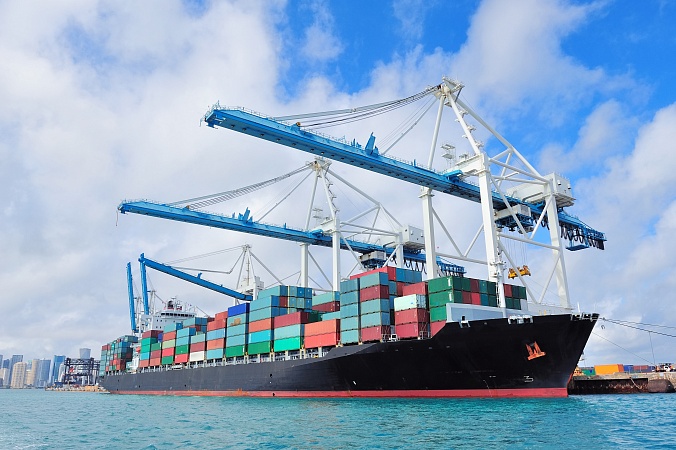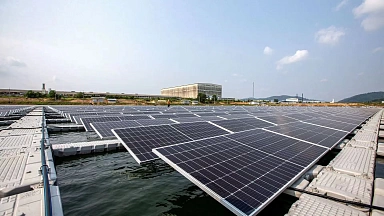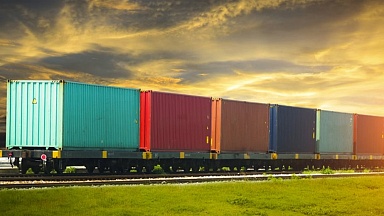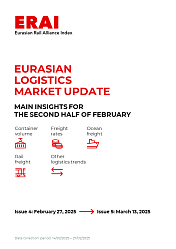The 14,354 teu Taurus, operated by Evergreen on the Asia-Europe trade, entered the terminal on 21 August, according to Lloyd’s List Intelligence, along with the 11,923 teu Kota Pahlawan and 3,560 teu Kota Machan, both run by Pacific International Lines on Asia-America trade. The three vessels had been waiting in the anchorage for up to nine days following the closure of the terminal before docking over the weekend.
The development comes after two large boxships — 22,000 teu CMA CGM Rivoli and 8,633 teu CMA CGM Samson — left Meishan over the weekend after being at berth for more 10 days due to the coronavirus-led closure of the facility.
No official announcement has yet been made as to when the terminal will reopen, although talks have been circulated in the market that local authorities plan to fully restore its operations on 1 September. The shutdown of the Meishan terminal, which normally handles around 30% of containers at the world’s third-busiest container port, has forced carriers to reroute vessels and led to schedule delays, container and vessel back-ups, and further port congestion.




